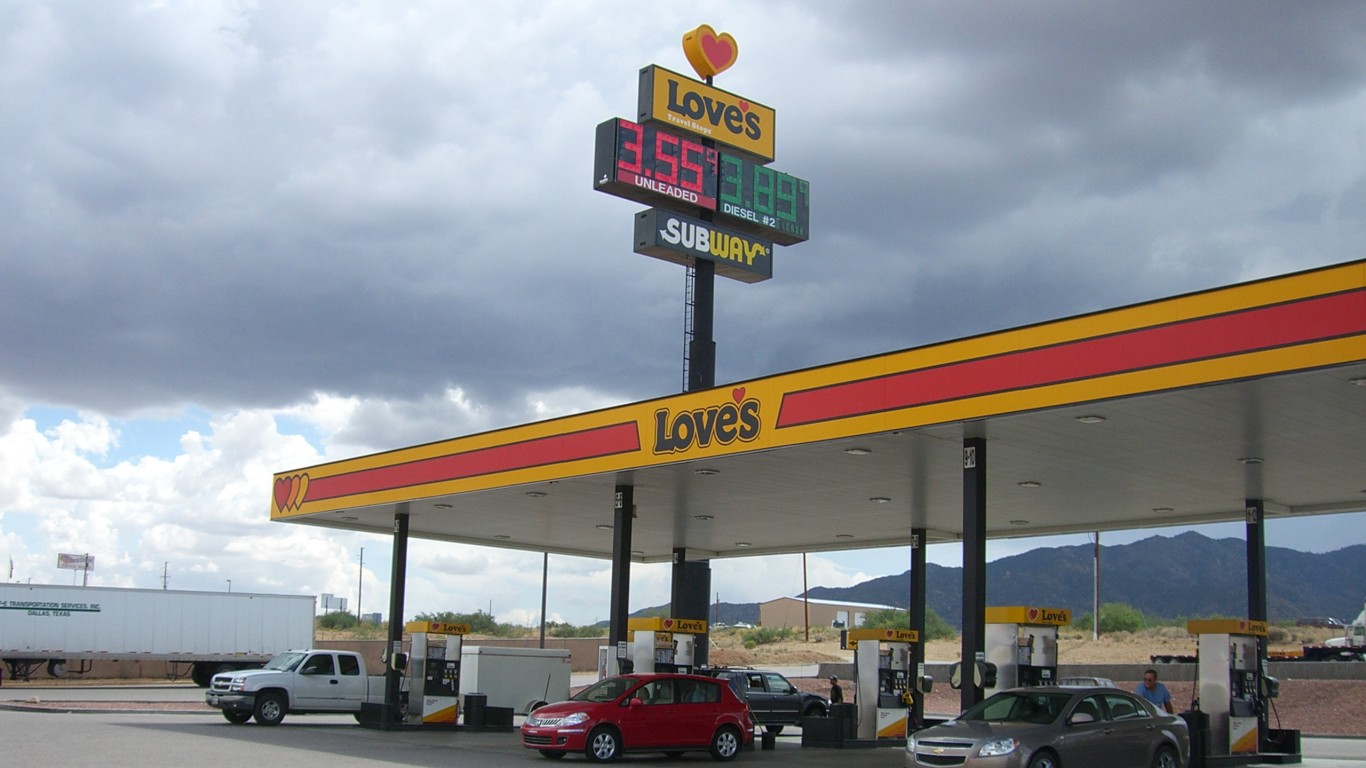

A new survey of some 75 U.S. cities that have established greenhouse-gas reduction targets reveals that no more than a dozen are on track to achieve their objectives.
According to the 2019 City Clean Energy Scorecard just issued by the non-profit American Council for an Energy-Efficient Economy, cities around the country took more than 265 initiatives to advance renewable energy and efficiently between January 2017 and April 2019 — but most are either falling short of reaching their goals or failing to track their progress towards them.
The ACEEE collected information ranking cities in five areas: local government policies, community-wide initiatives, buildings policies, energy and water utilities, and transportation policies. The last of these is a particularly important issue in places with excessive gridlock. These are the U.S. cities with the worst commutes.
The most energy-efficient city in America, according to these criteria, is Boston, with a score of 77.5 out of 100. It is followed, in order, by San Francisco, Seattle, Minneapolis, Washington D.C., New York City, Los Angeles, Denver, Austin, and Portland. Some of these cities may have an advantage because they are located in states that are leading the way in going green. These are the states producing the most renewable energy.
Minneapolis won particular praise for adopting policies this year requiring the owners of houses and apartment buildings to disclose their energy use to buyers or renters. “Climate action is intrinsically linked to housing and equity,” said Minneapolis mayor Jacob Frey in a statement. He also noted that “In the absence of leadership from the federal government, local governments have had to step up and take the lead on climate policy.”
In addition to the top ten, Cincinnati, Hartford, and Providence were identified by the Scorecard as Cities to Watch for having recently adopted clean energy policies. Among Hartford’s efforts, for instance, was the launch of a program to convert its streetlights to LED.
At the bottom of the list for energy efficiency were Newark, New Jersey; Henderson, Nevada; Birmingham, Alabama; McAllen, Texas; and Tulsa and Oklahoma City, Oklahoma.
Essential Tips for Investing: Sponsored
A financial advisor can help you understand the advantages and disadvantages of investment properties. Finding a qualified financial advisor doesn’t have to be hard. SmartAsset’s free tool matches you with up to three financial advisors who serve your area, and you can interview your advisor matches at no cost to decide which one is right for you. If you’re ready to find an advisor who can help you achieve your financial goals, get started now.
Investing in real estate can diversify your portfolio. But expanding your horizons may add additional costs. If you’re an investor looking to minimize expenses, consider checking out online brokerages. They often offer low investment fees, helping you maximize your profit.
Thank you for reading! Have some feedback for us?
Contact the 24/7 Wall St. editorial team.


